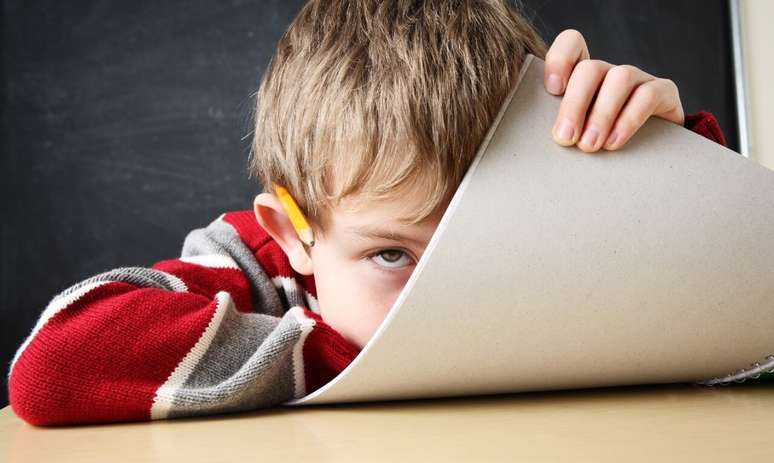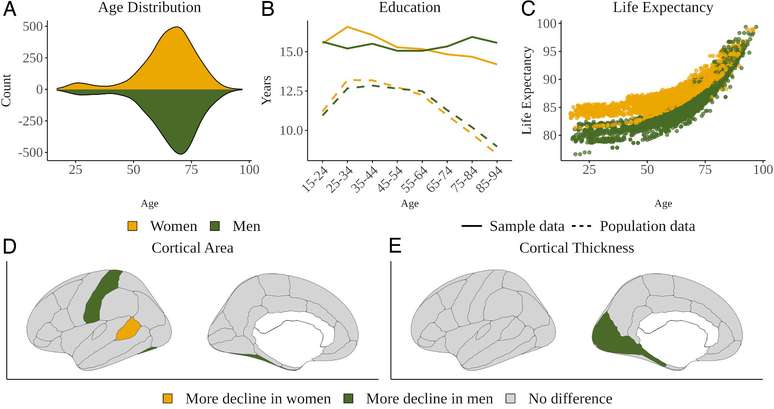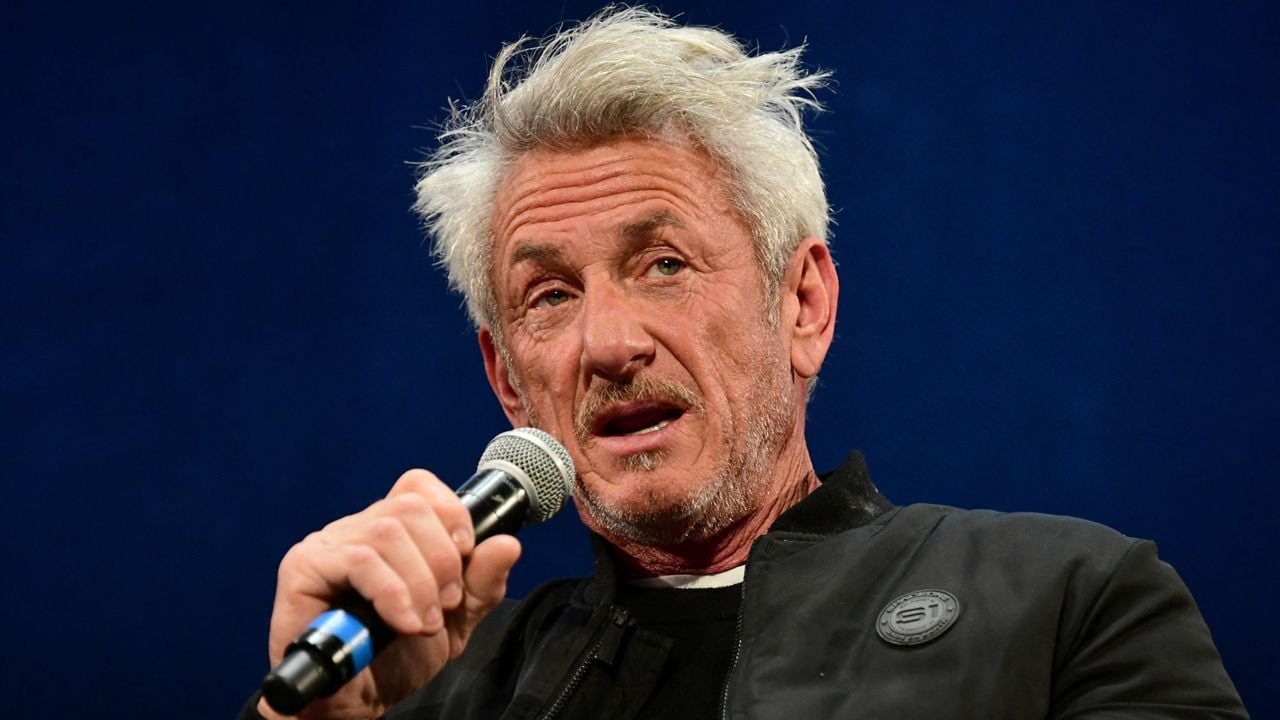Attention deficit hyperactivity disorder (ADHD) is quite common in childhood, but can also present symptoms in adulthood.
Attention deficit hyperactivity disorder (ADHD) is a neurobiological disorder, with genetic causes, which appears in childhood and often accompanies the individual throughout his life. According to the Brazilian Attention Deficit Association (ABDA), it is characterized by symptoms of inattention, restlessness and impulsiveness. The condition may also be called ADD (attention deficit disorder).
The disorder in adults
According to psychoanalyst and educational psychologist Dr. Andréa Ladislau, to diagnose ADHD in adults it is necessary to evaluate the presence of the disorder in the subject’s childhood and, furthermore, to classify the symptoms presented.
“Normally, adults with ADHD tend to have difficulty organizing and planning their daily activities. Furthermore, they suffer from many subjective obstacles in completing what they have started and in successfully completing their actions. It is normal that this As an adult you leave the job halfway Done, you stop what you’re doing halfway and start something else, returning to the previous job only much later than expected or forgetting about it,” explains the specialist.
Symptoms of ADHD
According to the ABDA, the main symptoms of Attention Deficit Hyperactivity Disorder are inattention and hyperactivity-impulsivity. During childhood, ADHD is associated with difficulties in school and in relationships with other children, parents and teachers. Boys tend to have more symptoms of hyperactivity and impulsivity than girls, but they are all inattentive.
In adulthood, problems with inattention to everyday things and work occur. Additionally, memory errors are common. Adults with ADHD are also restless and impulsive. According to ABDA, they have difficulty evaluating their own behavior and how much it affects others around them. Therefore, they are often considered “selfish”. They also have a high frequency of other associated problems, such as drug and alcohol use, anxiety and depression.
Dr. Andréa highlights the most common signs of ADHD:
- Professional instability;
- Performance below intellectual capacity;
- Lack of concentration and attention;
- Difficulty following routines;
- Disorganization;
- Difficulty planning and carrying out proposed tasks;
- Delay;
- Anxiety about unstimulating tasks;
- Difficulties in relationships;
- Unstable relationships;
- Frequent mood changes;
- Frequent forgetfulness and neglect of important dates and meetings;
- Difficulty in expressing one’s ideas and putting what one thinks into practice;
- Difficulty listening and waiting your turn to speak;
- Frequent search for new things that stimulate you;
- Intolerance to monotonous and repetitive situations.
Source: Terra
Ben Stock is a lifestyle journalist and author at Gossipify. He writes about topics such as health, wellness, travel, food and home decor. He provides practical advice and inspiration to improve well-being, keeps readers up to date with latest lifestyle news and trends, known for his engaging writing style, in-depth analysis and unique perspectives.







